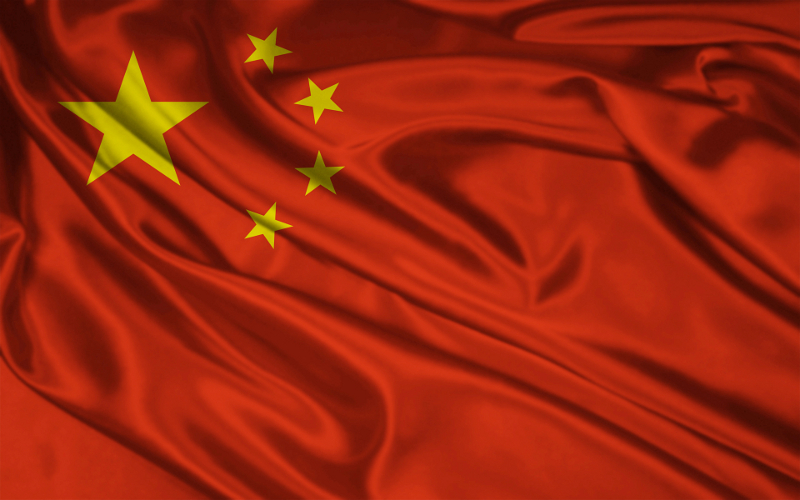(Authored by H.E. Ambassador Fan Kun)
In everyday life, we all hope that the same standards will be applied consistently everywhere to address the same issues, rather than using one ruler to measure ourselves and another ruler to measure others. Similarly, in international affairs, all countries should use the same rulers, or in other words, the same standards to address issues of the same nature, instead of applying double standards.
In recent years, China’s new energy industry has achieved rapid development and great progress, making a positive contribution to the development of global new energy technologies and promoting the realization of the United Nations’ goals for reducing carbon emissions. New energy contributes to global green and low-carbon transformation. The more people benefit from it, the better. However, some countries label China’s new energy industry as having “excessive production capacity,” which is precisely a false claim based on “double standards.”
The development of China’s new energy industry is the result of multiple advantages. China’s new energy industry is globally competitive and in line with economic laws and market principles. Looking at it from a global perspective, China’s new energy industry has a range of advantages. The first advantage is driving force. China established development in related industries quite early, invested in long-term research and development, and thus formed a leading technological advantage. The second advantage lies in the complete chain or system. China has a complete industrial chain and supply chain, which significantly reduces procurement costs for companies. The third is market advantage. China has a huge unique market, which can alleviate research and development costs and production costs, thereby continuously promoting and improving the use of new energy products. The fourth advantage is human resources. China has a strong group of innovative entrepreneurs and high-quality workers, and a large number of competitive companies have emerged operating in the field of new energy.
China’s new energy industry contributes to the global energy transformation and economic development. The development of green, low-carbon, and environmentally friendly new energy is an important measure for the global response to climate change. China’s new energy industry has helped solve energy problems in many countries and has become an important force in stabilizing the global clean energy industry chain and supply chain. The International Energy Agency’s report highlights that in 2023, the global level of installed renewable energy capacity was 510 million kilowatts, with China contributing more than half. In 2023, China exported 1.203 million new electric vehicles, a 77.6% increase over the previous year, thus becoming a leading force driving the transformation of the global automotive industry. Chinese wind and photovoltaic products have been exported to more than 200 countries and regions worldwide, helping developing countries obtain clean, reliable, and affordable energy. From a global perspective, the new energy industry has tremendous potential for future development. According to estimates by the International Energy Agency, assuming that all countries that have announced achieving zero carbon emissions fulfill their obligations on time, global sales of electric vehicles will need to increase 4.5 times by 2030 compared to 2022, while demand for photovoltaic installed capacity will need to increase by as much as 10 times. Therefore, China’s new energy industry represents an advanced production capacity urgently needed to promote green development, rather than excess or overcapacity production.
China’s new energy industry should not suffer from unfair treatment of “double standards.” In the same new energy industry, you cannot praise yourself as models for addressing climate change while using the excuse of “excessive capacity” to ignore China’s efforts in this regard. You cannot describe the sale of your own products as “free trade” while simultaneously accusing Chinese products of being an “attack on the global market.” Tripping up others won’t help you run faster. The use of “double standards” essentially politicizes economic and trade issues, opposes economic laws and the general trend of globalization, increases the risk of fragmentation of the world economy, and harms global prosperity and stability. China adheres to the fundamental national policy of opening up to the outside world and is willing to cooperate with all parties to promote the healthy development of the international industry through fair competition, promote global productivity and economic efficiency through open cooperation, and maintain the security and stability of global industrial chains and supply chains.
